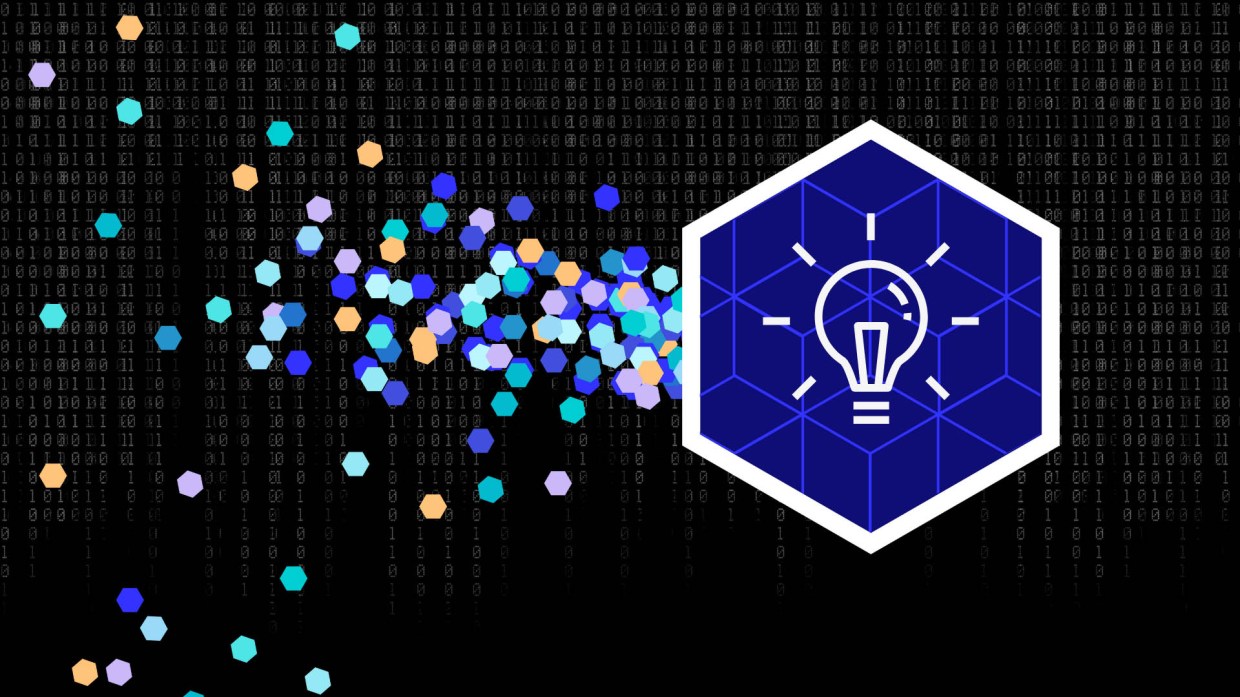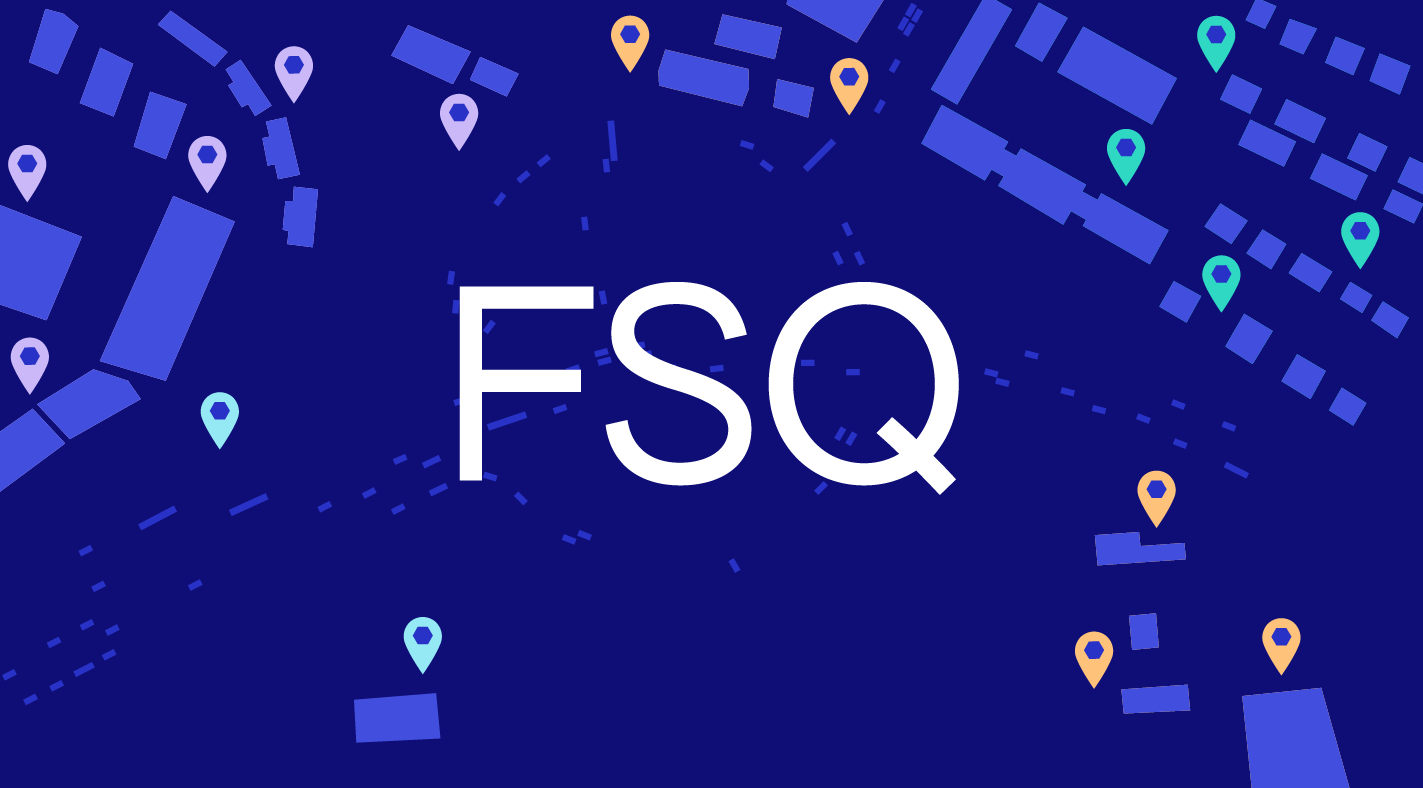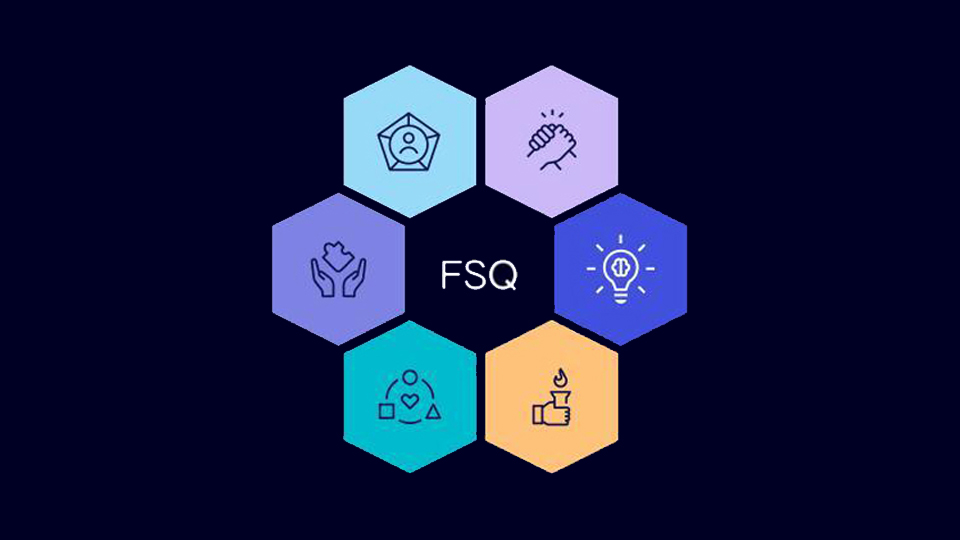At Foursquare, we continually strive to foster employee-driven innovation and establish new ways of addressing customer challenges – and we’ve found that hosting bi-annual hackathons can help do just that. Most recently, our Senior Director of Engineering, Kyle Fowler, hosted a timely Hack Day about how to leverage large language models and generative AI to build the Foursquare of the future. After months of preparation and two consecutive days of hacking, Kyle and his expert panel of judges had 17 impactful, creative and complex projects to judge. It’s no secret that hosting a successful hackathon is no easy feat, but here’s how we cracked the code and the lessons we learned along the way that you can use today.
Align on Theme and Judgment Criteria
Picking a theme is the first most important aspect to tackle as you start planning. You can find a theme that inspires and motivates participants by brainstorming with executives, your Engineering team and other relevant stakeholders. The criteria for judgment must also be clearly defined, so the participants know the rules of the game.
Our hackathon theme this year was generative AI. In honor of the theme, Kyle used ChatGPT to help determine the evaluation criteria for the judges. See below for examples of the criteria the artificial intelligence came up with (and the panelists subsequently used to judge the participants):
- Innovation: Does the project showcase novel ways of using large language models to build products (i.e. projects that address new or underserved markets or that leverage large language models in ways that are not currently being used in the market)?
- Technical Complexity: Does the project comprise of well-thought out data excellence, such as the language model used, the quality of the training data, and the sophistication of the algorithms and programming techniques employed?
- User Experience: Does the project provide a seamless user experience, specifically referring to how easy it is for a user to use, how well it addresses a user’s need, and how visually engaging and appealing it is?
Establish Your Timeline and Budget
The cornerstone to a successful hackathon begins with early and effective preparation of your timeline and budget.
- Start planning your hackathon about three months prior to launch, as it’s critical to find a date that works for everyone and this allows time to work out any kinks in the process.
- Schedule hackathon dates in the middle of the quarter to avoid the “start or end of quarter grind” when there are other priorities at play.
- Secure your budget early and determine a valuable incentive or prize to recognize the participants.
- In the past, we’ve given out gift cards for first, second and third place winners.
- Tip: Consider a “people’s choice” winner to crowd-please and spike engagement.
Clear Communication and Include Your Community
Besides the logistical components of theme, timeline, and budget, a hackathon is also all about teamwork and community inclusion, which requires clear communication.
- Ensure leaders from participating teams (i.e. Engineering, Product) communicate the hackathon dates with their team members as soon as it’s established to avoid overplanning sprint days and giving interested participants time to partake in the hacking.
- Select your panel of judges from a mixture of departments and titles to ensure a range of perspectives. Make sure to notify them at the same time as the participants to ensure they’re available.

Things Not To Forget
Here are some tips & tricks to organize and execute seamlessly regardless of where and when you’re hacking:
- Schedule your hackathon for the second half of the week – dedicating Wednesday and Thursday solely for hacking, and Friday for presentations. This gives the participants time to finish off their work at the start of the week and focus their energy on the hackathon for the remainder.
- Build coding infrastructure prior to the event to give participants two full days of uninterrupted hacking time.
- Set up a Slack channel dedicated to #HackDay for participants to communicate, share ideas and tips, and work asynchronously.
- Create a shared spreadsheet with all the hackathon logistics, timelines and criteria to ensure participants are aware of what to expect and help set them up for success.
- Devise a shared slide deck combining all of the presentations for a smooth presentation process to avoid version control conflicts and saving the panelists time for judging.
While we can’t share the impressive new ideas that our hackers came up with, just yet, you can be rest assured that Foursquare is continuously innovating. In the meantime, take a look at our past Hack Day here.
Looking to solve interesting problems every day using location technology, data and tools? Visit our careers page for our latest job opportunities.



